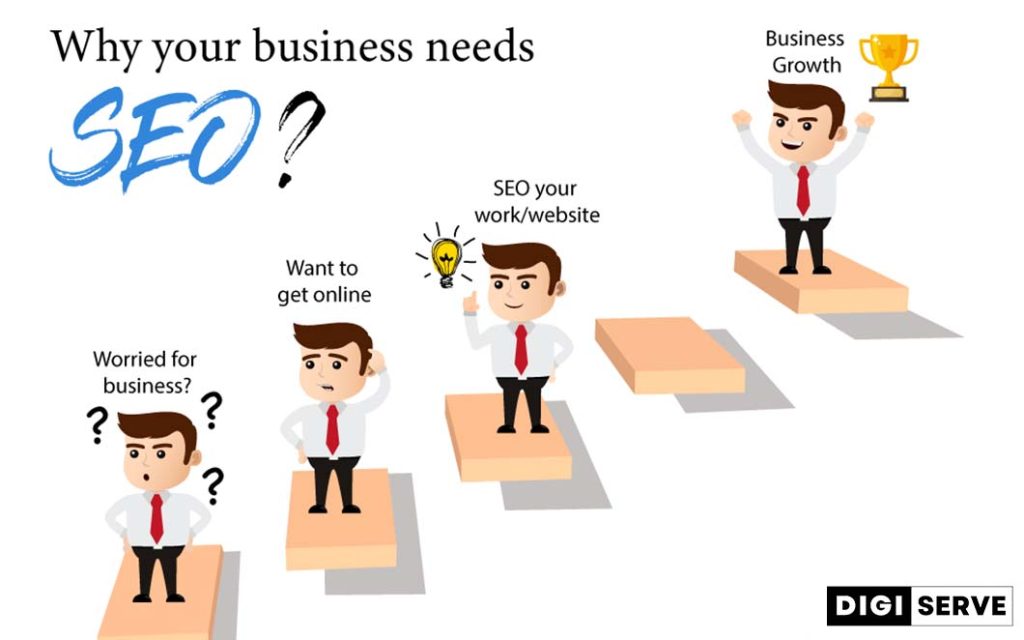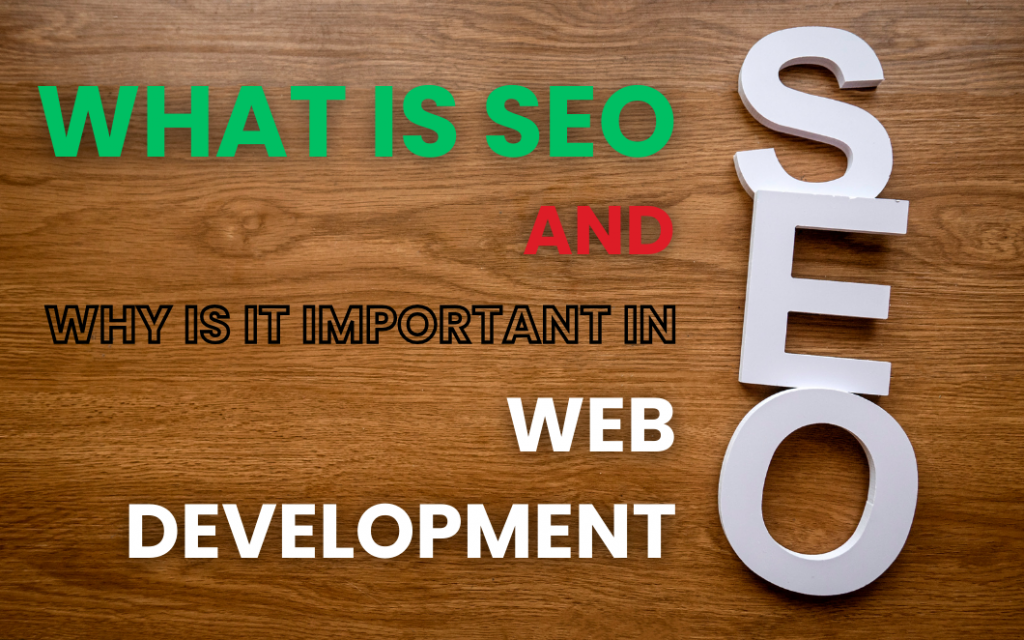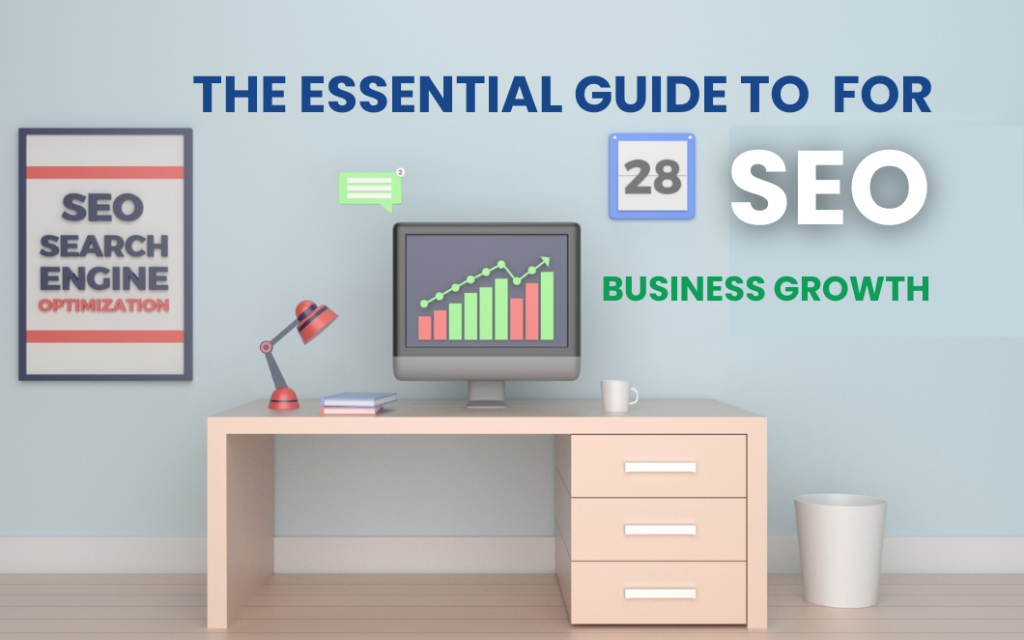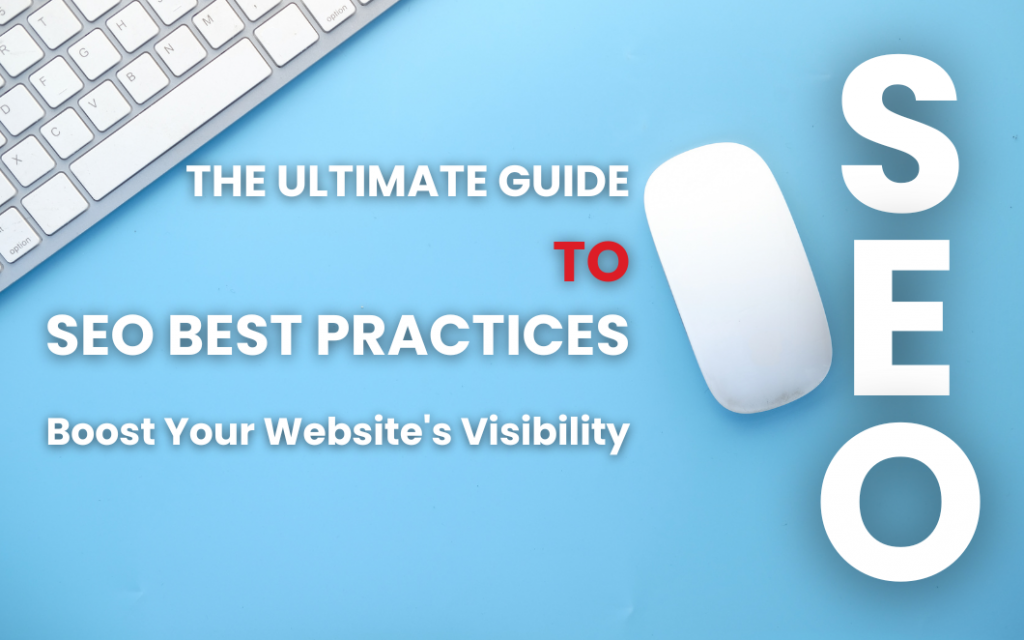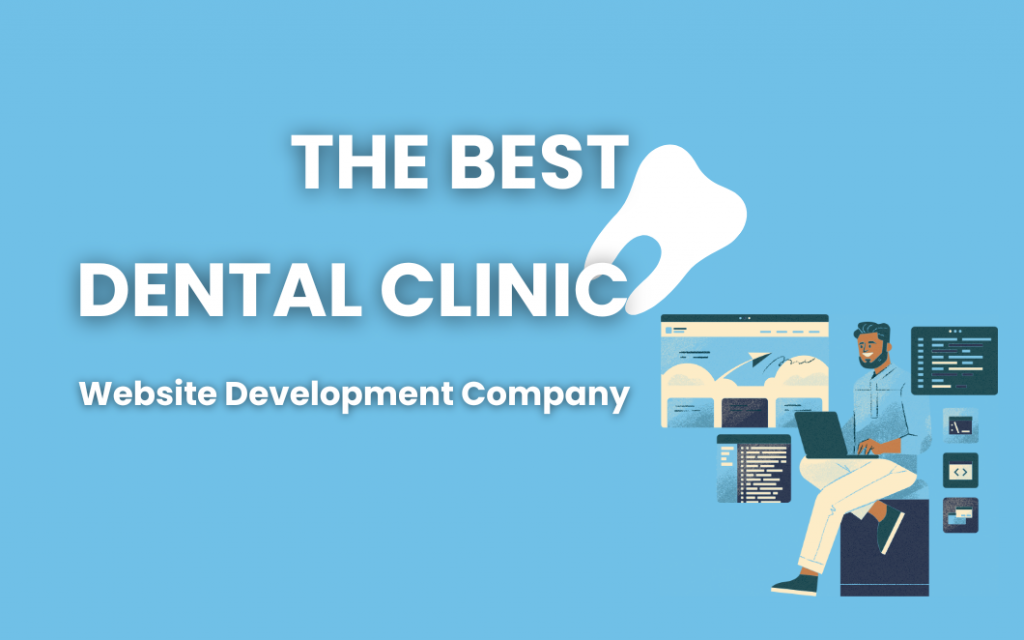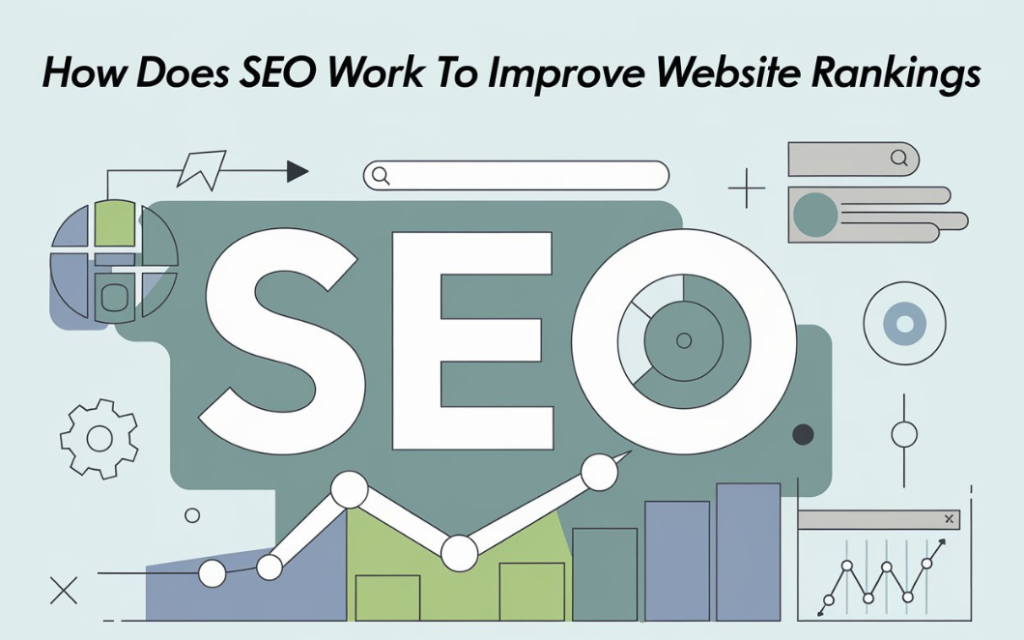
Table of Contents
ToggleHow Does SEO Work to Improve Website Rankings?
Search Engine Optimization (SEO) can seem complex, but it’s essentially about making your website more attractive to search engines like Google. This improves your site’s ranking in search results, which means more people can find your website. Let’s break down how SEO works in simple terms and how it can boost your website’s rankings.
Understanding SEO
SEO stands for Search Engine Optimization. It involves optimizing your website so that search engines can understand it better and rank it higher in search results. The higher your site ranks, the more likely people are to visit it. SEO is crucial because most people click on one of the first few links in search results.
How Search Engines Work
To understand SEO, it’s important to know how search engines work. Search engines like Google, Bing, and Yahoo have three main functions:
- Crawling: Search engines use bots (often called spiders or crawlers) to scour the internet and find new or updated content. They start by visiting a few web pages and then follow the links on those pages to discover more content.
- Indexing: Once the crawlers find content, they analyze and store it in a massive database called an index. The index is like a giant library where search engines keep track of all the web pages they know about.
- Ranking: When you type a query into a search engine, it sifts through its index to find the most relevant results. The results are then ranked based on hundreds of factors.
Key Factors in SEO
Several factors influence how search engines rank your website. These factors can be grouped into two main categories: on-page SEO and off-page SEO.
On-Page SEO
On-page SEO refers to the elements you can control on your website. Here are some important on-page SEO factors:
- Keywords: Keywords are the words and phrases people type into search engines. To rank well, your content should include the keywords that your target audience is searching for. But don’t overdo it—stuffing your content with keywords can hurt your rankings. Use them naturally.
- Title Tags: The title tag is the title of your web page that appears in search results. It should be concise, include your primary keyword, and clearly describe what the page is about.
- Meta Descriptions: The meta description is a short summary of your page that appears under the title tag in search results. It should be compelling and include your primary keyword to encourage people to click on your link.
- Headings: Use headings (H1, H2, H3, etc.) to structure your content. Your primary keyword should appear in the main heading (H1) and in some subheadings (H2, H3).
- Content Quality: High-quality, original content is crucial. Your content should be informative, engaging, and relevant to your audience. Longer content (1,000+ words) often ranks better because it provides more value.
- URL Structure: Use clear and descriptive URLs that include your primary keyword. Avoid long and complicated URLs.
- Internal Linking: Link to other pages on your website to help search engines understand the structure of your site and keep visitors engaged.
- Image Optimization: Use descriptive file names and alt text for images. This helps search engines understand what the images are about and can improve your site’s accessibility.
Off-Page SEO
Off-page SEO involves factors that happen outside your website. The most important off-page SEO factor is backlinks.
- Backlinks: Backlinks are links from other websites to your site. They act as votes of confidence and signal to search engines that your content is valuable and trustworthy. Not all backlinks are equal—links from reputable, high-authority sites are more valuable than links from low-quality sites.
- Social Signals: Although the impact of social media on SEO is debated, having your content shared widely on social platforms can drive traffic to your site and indirectly improve your rankings.
- Brand Mentions: When your brand is mentioned online, even without a link, it can help build your authority and visibility.
Technical SEO
Technical SEO focuses on the backend of your website and how well search engines can crawl and index your content. Here are some key technical SEO factors:
- Site Speed: Fast-loading websites provide a better user experience and are favored by search engines. Use tools like Google PageSpeed Insights to test and improve your site speed.
- Mobile-Friendliness: With more people using mobile devices to browse the internet, having a mobile-friendly site is essential. Use responsive design to ensure your site looks good on all devices.
- Secure Website (HTTPS): Having a secure website (HTTPS) is a ranking factor for Google. It protects user data and builds trust.
- XML Sitemap: An XML sitemap helps search engines understand the structure of your site and find all your pages. Create and submit an XML sitemap to Google Search Console.
- Robots.txt: The robots.txt file tells search engines which pages they can and cannot crawl. Make sure it’s correctly configured to avoid blocking important content.
Content is King
Content is at the heart of SEO. High-quality, relevant content that provides value to your audience is crucial for ranking well. Here are some content tips:
- Understand Your Audience: Know what your audience is searching for and create content that answers their questions or solves their problems.
- Use Keywords Strategically: Include your primary keyword in the title, headings, and throughout the content. Use related keywords and phrases to provide context.
- Write for Humans: While it’s important to include keywords, don’t sacrifice readability. Write naturally and focus on providing value to your readers.
- Regular Updates: Fresh content signals to search engines that your site is active and relevant. Regularly update your existing content and add new posts.
The Role of Analytics
Tracking your SEO performance is essential to understand what’s working and what needs improvement. Use tools like Google Analytics and Google Search Console to monitor your traffic, keywords, and rankings.
- Google Analytics: This tool helps you track how visitors find and interact with your site. You can see which pages are most popular, how long visitors stay, and where they come from.
- Google Search Console: This tool provides insights into how Google indexes your site. It shows which keywords bring traffic, how your site appears in search results, and any issues that might affect your rankings.
Local SEO
If you have a local business, local SEO is crucial. It helps you rank for searches related to your location. Here are some local SEO tips:
- Google My Business: Create and optimize your Google My Business profile. Include accurate information, photos, and reviews.
- Local Keywords: Use keywords that include your location. For example, “best pizza in New York.”
- NAP Consistency: Ensure your Name, Address, and Phone number (NAP) are consistent across your website and other online directories.
- Local Citations: Get listed in local directories and online business listings. This helps build your local presence and authority.
Common SEO Mistakes to Avoid
- Keyword Stuffing: Overloading your content with keywords can harm your rankings. Use keywords naturally.
- Ignoring Mobile Users: Make sure your site is mobile-friendly. A poor mobile experience can drive visitors away and hurt your rankings.
- Duplicate Content: Avoid using the same content on multiple pages. Duplicate content can confuse search engines and lead to lower rankings.
- Ignoring Analytics: Regularly monitor your site’s performance and make data-driven decisions. Ignoring analytics means missing opportunities for improvement.
- Poor Quality Backlinks: Focus on getting high-quality backlinks from reputable sites. Avoid spammy links, as they can harm your rankings.
Conclusion
SEO is a powerful tool to improve your website’s rankings and attract more visitors. By understanding how search engines work and optimizing your site accordingly, you can boost your visibility and drive more traffic. Focus on creating high-quality content, optimizing on-page and off-page factors, and regularly monitoring your performance. With patience and persistence, you can achieve great results and grow your online presence.
Local SEO Company Vancouver – How DigiServe Helps Local Businesses Grow
Local SEO Company Vancouver | DigiServe Local SEO If you...
Read MoreHow Much Does SEO Cost in Australia?
How Much Does SEO Cost in Australia? SEO cost in...
Read MoreSEO for Gutter Cleaning Services: How to Get More Local Customers from Google
SEO for Gutter Cleaning Services: How to Get More Local...
Read MoreBest Web Design Company in Australia
Best Web Design Company in Australia If your website is...
Read More



